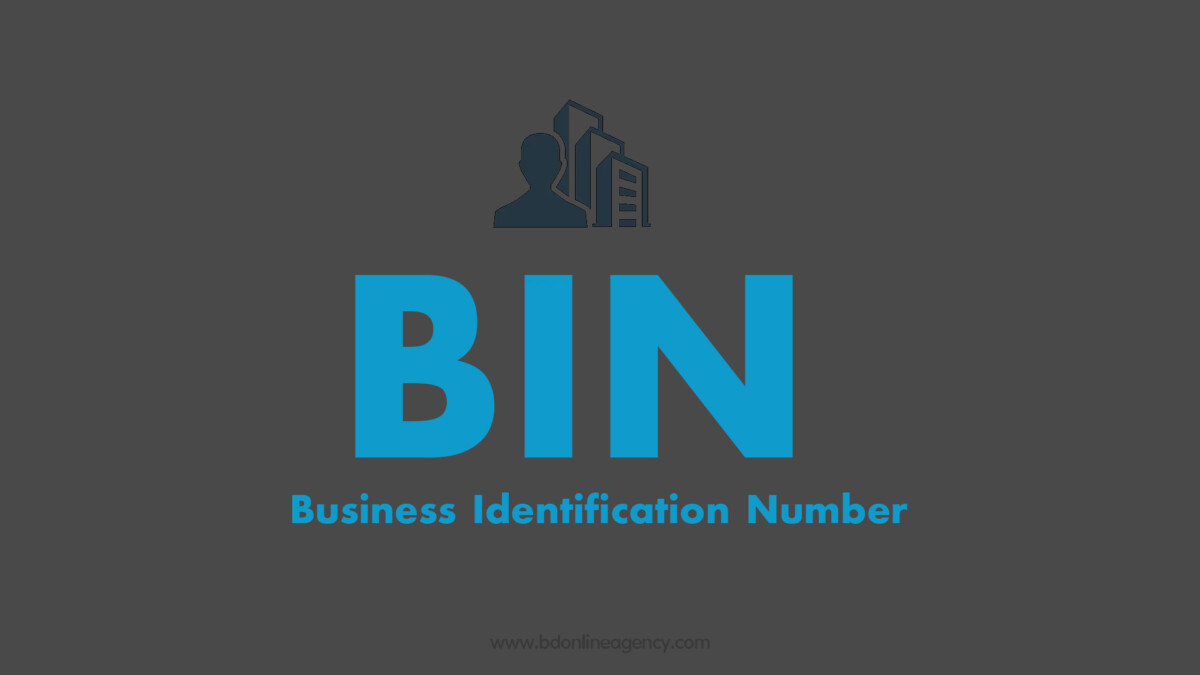 Understanding the Basics of BIN
Understanding the Basics of BIN
The term BIN stands for Bank Identification Number, a unique identifier for banking institutions involved in processing credit and debit card transactions. This six-digit number plays a crucial role in the payments ecosystem, ensuring that transactions are routed correctly and securely between the consumer, merchant, and issuing bank. The BIN is often referred to as the Issuer Identification Number (IIN).
The Structure of a BIN
A BIN is typically the first six digits of a credit or debit card number. This numerical sequence is instrumental in identifying the card-issuing institution. For instance, a BIN of 123456 might signify that the card was issued by XYZ Bank. These numbers are allocated by the International Organization for Standardization (ISO), ensuring a standardized approach to identification across the globe.
Why BINs are Important in Financial Transactions
Fraud Prevention
One of the primary functions of BINs is to help in fraud detection and prevention. By analyzing the BIN, merchants can identify inconsistencies and potential fraud attempts. For example, if the BIN indicates a card issued in one country but the transaction is being processed in another, it could be a red flag for fraudulent activity.
Transaction Routing
BINs facilitate efficient transaction routing. When a cardholder makes a purchase, the merchant’s payment processor uses the BIN to determine the appropriate card network and issuing bank. This ensures that the transaction is processed swiftly and accurately, enhancing the overall efficiency of the payment system.
Data Analysis and Reporting
Banks and financial institutions use BIN data for analyzing transaction patterns and generating reports. This data can provide insights into consumer behavior, helping banks tailor their services and products to meet customer needs better.
How BINs Work in Different Payment Networks
Visa and Mastercard
Both Visa and Mastercard use BINs to identify the issuing bank and route transactions through their networks. These global payment giants have extensive BIN databases that help streamline transaction processing and reduce errors.
American Express and Discover
American Express and Discover operate their own networks and also utilize BINs for transaction processing. Unlike Visa and Mastercard, which have member banks issuing their cards, American Express and Discover issue cards directly, simplifying the BIN management process.
The Evolution of BINs
Expansion from Six to Eight Digits
In response to the growing number of financial institutions and cards, the industry has begun transitioning from six-digit to eight-digit BINs. This change, initiated by ISO, is intended to accommodate the increasing demand and provide more granular identification of issuing entities.
Impact on Merchants and Payment Processors
The shift to eight-digit BINs requires updates to payment processing systems, databases, and merchant software. While this transition may involve initial costs and adjustments, it ultimately enhances the accuracy and security of transaction processing.
BINs and E-commerce
Risk Management
In the e-commerce space, BINs are essential for risk management. By examining the BIN, online merchants can verify the legitimacy of transactions and detect anomalies. This helps in reducing chargebacks and maintaining a secure shopping environment for customers.
Geolocation and Market Insights
BINs also provide geolocation data, which is valuable for market analysis. E-commerce businesses can use this information to understand where their customers are located, enabling targeted marketing campaigns and better inventory management.
Best Practices for Managing BIN Data
Regular Updates and Maintenance
Maintaining an up-to-date BIN database is crucial for accurate transaction processing. Financial institutions and merchants should ensure their systems are regularly updated with the latest BIN information to prevent errors and enhance security.
Implementing Advanced Fraud Detection Tools
Leveraging advanced fraud detection tools that utilize BIN data can significantly reduce the risk of fraudulent transactions. These tools can analyze BINs in real-time, flagging suspicious activities before they result in financial losses.
BINs in the Context of Bangladesh
Adoption and Usage
In Bangladesh, BINs are utilized by all major banks and financial institutions. The Bangladesh Bank, the central bank of the country, oversees the regulation and issuance of BINs to ensure the smooth operation of payment systems. Local banks such as BRAC Bank, Dutch-Bangla Bank, and Islami Bank Bangladesh Limited have implemented BINs to facilitate secure and efficient transaction processing.
Role in Digital Payment Ecosystem
As Bangladesh rapidly adopts digital payment methods, the role of BINs becomes increasingly critical. Mobile financial services (MFS) like bKash, Rocket, and Nagad rely on BINs to route transactions accurately and prevent fraud. This ensures that the burgeoning digital economy can function reliably, supporting both e-commerce and traditional retail sectors.
Fraud Prevention and Security Measures
The financial sector in Bangladesh has been proactive in leveraging BINs for fraud prevention. Enhanced security protocols and real-time transaction monitoring help detect and mitigate fraudulent activities. The integration of BIN data with advanced AI-driven fraud detection systems ensures a robust defense against evolving threats.
Collaboration with Global Networks
Bangladeshi banks collaborate with global payment networks like Visa, Mastercard, and UnionPay, using BINs to streamline international transactions. This global integration facilitates seamless cross-border payments, boosting trade and economic growth.
The Future of BINs in Bangladesh
Integration with National Payment Switch
The National Payment Switch Bangladesh (NPSB) is a significant initiative aimed at integrating all card-based transactions within a single platform. BINs play a vital role in this system, ensuring interoperability among various banks and financial institutions, which enhances the efficiency and security of digital payments across the country.
Support for Financial Inclusion
BINs are also instrumental in promoting financial inclusion in Bangladesh. By enabling secure and efficient transactions, BINs help bring unbanked populations into the formal financial system. This is crucial for fostering economic development and reducing poverty.
Adaptation to Technological Advancements
As technology advances, Bangladeshi banks and financial institutions are expected to adopt newer technologies that integrate with BINs. Blockchain, for instance, could further enhance the security and transparency of transactions, while AI and machine learning could improve fraud detection capabilities.
The Bank Identification Number (BIN) is a fundamental component of the financial transaction process, offering vital information for fraud prevention, transaction routing, and data analysis. In Bangladesh, BINs are crucial for the country’s growing digital payment ecosystem, ensuring secure and efficient transactions. As the financial landscape evolves, so too will the systems and technologies that support BIN usage, ensuring a secure and efficient payments ecosystem for businesses and consumers alike.






